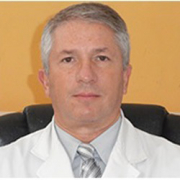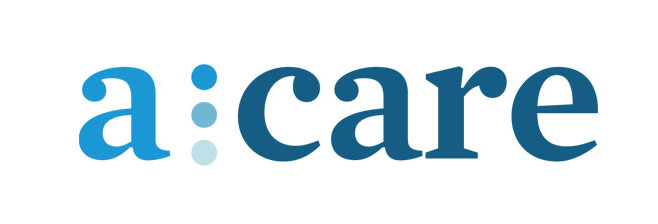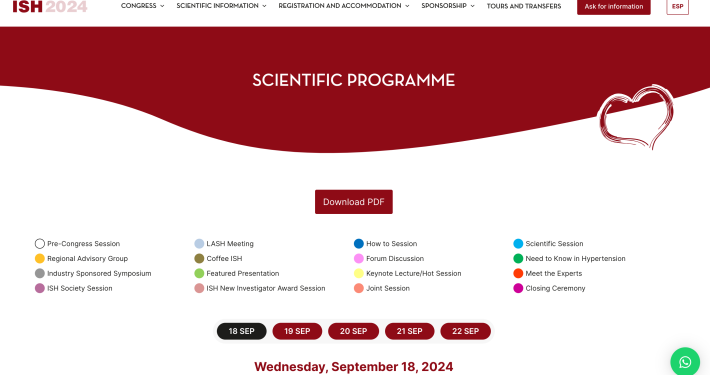 https://ish-world.com/wp-content/uploads/2024/07/ISH2024-Programme-Screenshot.png
1623
2871
Helen Horsfield
http://ish-world.com/wp-content/uploads/2021/01/ISH-Logo-full-name-1000x354.jpg
Helen Horsfield2024-07-15 08:48:112024-07-15 10:51:02ISH Officers part of Malaysian Society of Hypertension meeting
https://ish-world.com/wp-content/uploads/2024/07/ISH2024-Programme-Screenshot.png
1623
2871
Helen Horsfield
http://ish-world.com/wp-content/uploads/2021/01/ISH-Logo-full-name-1000x354.jpg
Helen Horsfield2024-07-15 08:48:112024-07-15 10:51:02ISH Officers part of Malaysian Society of Hypertension meetingThe ISH is positively committed to opposing discrimination against people on the grounds of gender, race, colour, nationality, religion, marital status, sexual orientation, class, age, disability, having dependants, HIV status or perceived lifestyle.
Our latest tweets
Follow us @ISHBP to keep up to date with the latest offers and news
📢Don't miss out on the #ISH2024 Congress in #Cartagena!
Find your perfect stay with us and enjoy:
✅Best Rates
✅Negotiated Booking Conditions
✅On-site Assistance
✅Safe & Comfy Stays
Book your accommodation today before places run out! https://ish2024.org/accommodation/
Learn more about the @ESHypertension MASTERplan for hypertension management.
Join us this week – registration attached
https://servier.live.medicalcongress.online/.
@KreutzReinhold @ISHBP @ERAkidney @escardio @EFIM_EU @EuGMSSociety
Don't miss the ISH Congress Soirée!
Hypertension, music, and an incredible atmosphere in #Cartagena
September 21st ⏰ 7:30 PM Terraza del Claustro de las Ánimas (CCCI)
Limited seats! Reserve now: https://barcelo.eventsair.com/ish-2024/formulario-de-inscripcion-eng
#ish2024 #congresssoirée
Listen to this excellent podcast with Profs. @alta_schutte, @FZMarques, Bruce Neal, George Stergiou and James Sharman on novel lifestyle approaches to lowering #bloodpressure and the proper measurement of #hypertension ⬇️
 https://ish-world.com/wp-content/uploads/2024/07/ISH2024-Programme-Screenshot.png
1623
2871
Helen Horsfield
http://ish-world.com/wp-content/uploads/2021/01/ISH-Logo-full-name-1000x354.jpg
Helen Horsfield2024-07-15 08:48:112024-07-15 10:51:02ISH Officers part of Malaysian Society of Hypertension meeting
https://ish-world.com/wp-content/uploads/2024/07/ISH2024-Programme-Screenshot.png
1623
2871
Helen Horsfield
http://ish-world.com/wp-content/uploads/2021/01/ISH-Logo-full-name-1000x354.jpg
Helen Horsfield2024-07-15 08:48:112024-07-15 10:51:02ISH Officers part of Malaysian Society of Hypertension meeting
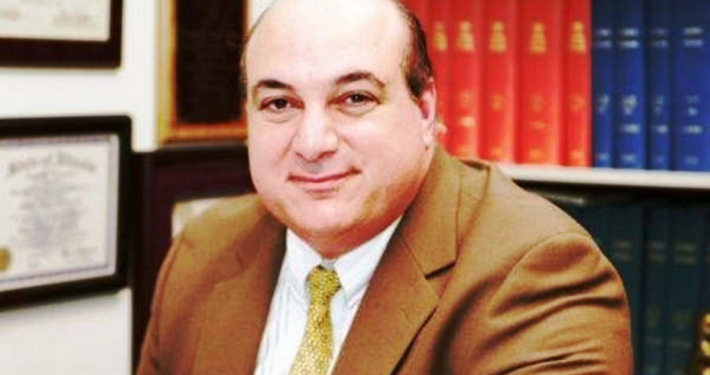



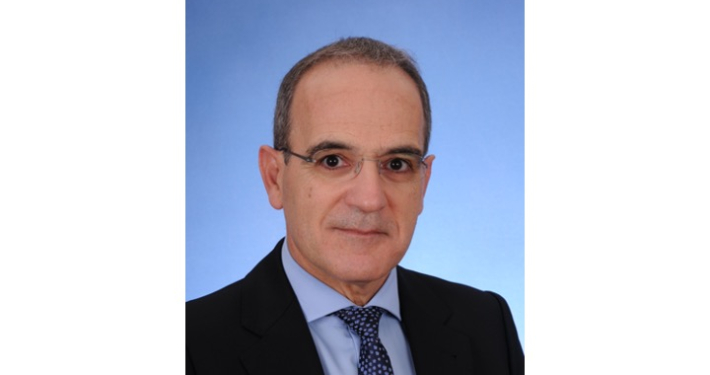

Our Corporate Members
Companies wishing to become Corporate Members of the ISH should contact the Secretariat for further details >> secretariat@ish-world.com
© 2023 International Society of Hypertension. All rights reserved. | Terms & Conditions | Privacy | Home | created by eb-webdesign.com

